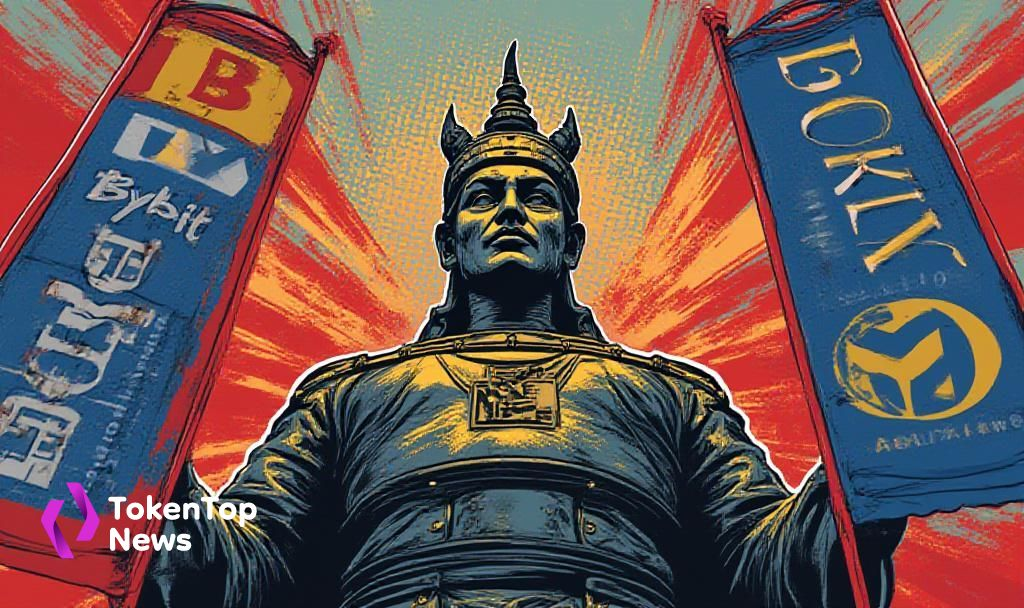Thailand SEC to Block Bybit and Other Exchanges in June
- Thailand SEC blocks major exchanges for investor protection, citing anti-money laundering.
- This impacts all assets traded on affected platforms for Thai users.
- Short-term withdrawal spikes and price volatility expected for platform-native tokens.

Investor protection and anti-money laundering have driven Thailand SEC’s decision, impacting both industry operations and investor capabilities.
Thailand’s Securities and Exchange Commission will block Bybit, 1000X, CoinEx, OKX, and XT.com, implemented with new cybercrime laws. This measure aims to protect investors by ensuring only licensed digital platforms operate in Thailand.
“This measure aims to protect investors and prevent the use of unlicensed digital asset platforms as potential channels for money laundering.”
SEC’s action is supported by Thailand’s Ministry of Digital Economy and Society, focusing on preventing money laundering. All platforms failed to obtain necessary local licenses, necessitating the block effective next month.
Impact on users and market is profound: withdrawal spikes expected from Thai users. Anticipated shifts in Total Value Locked to licensed or decentralized exchanges could influence liquidity and volatility.
The regulatory move doesn’t directly affect institutional funding, but it disrupts Thai crypto operations, with potential trading limitations. Assets like Bitcoin BTC +0.00% , Ethereum ETH +0.00% , and USDT, along with platform tokens, face trading disruptions.
Future implications include shifts in compliance approaches, emphasizing licensing and local operations. Historical trends indicate regulatory measures often lead to quick market adaptations, with exchanges evaluating geo-blocking strategies.




